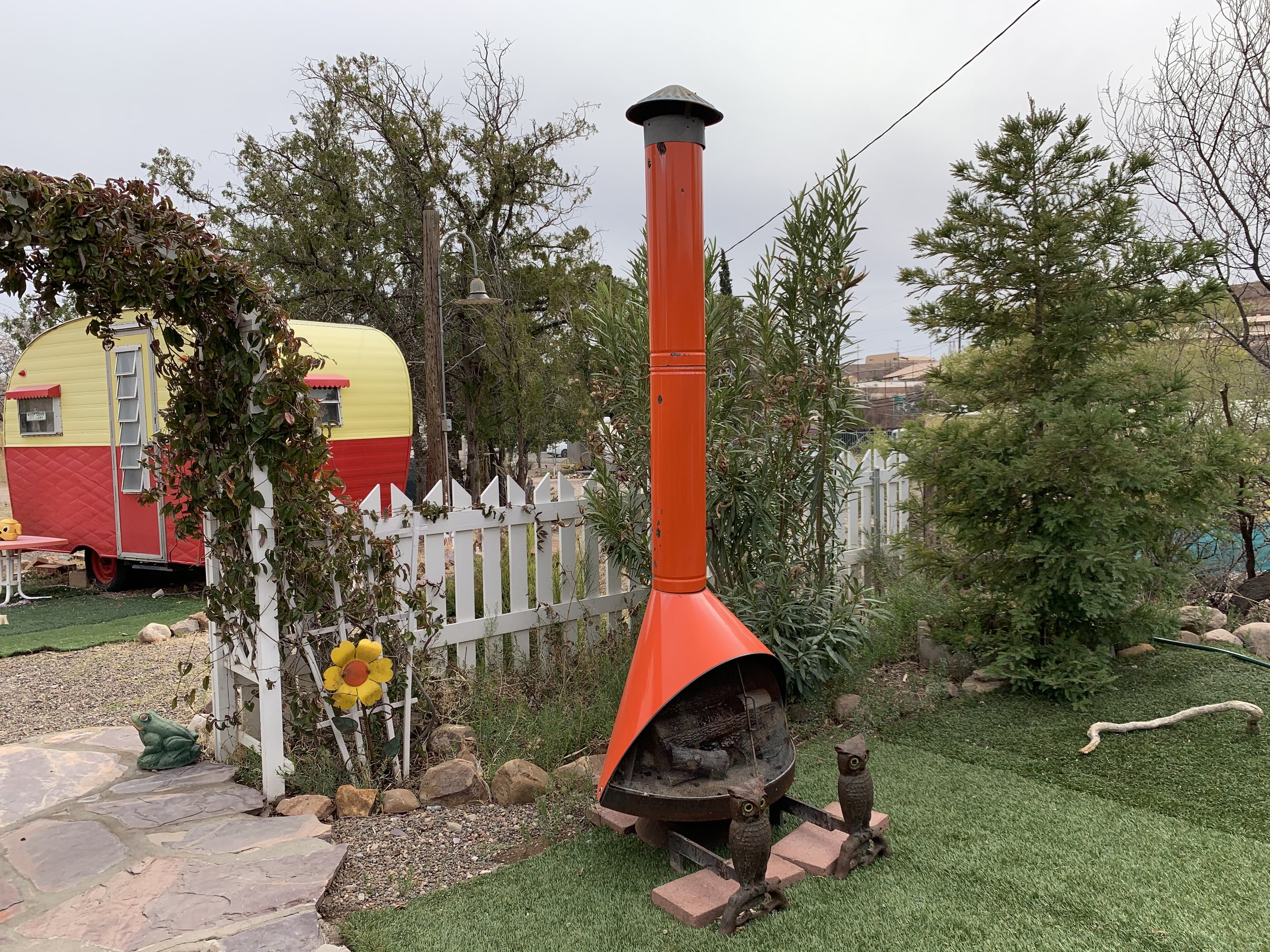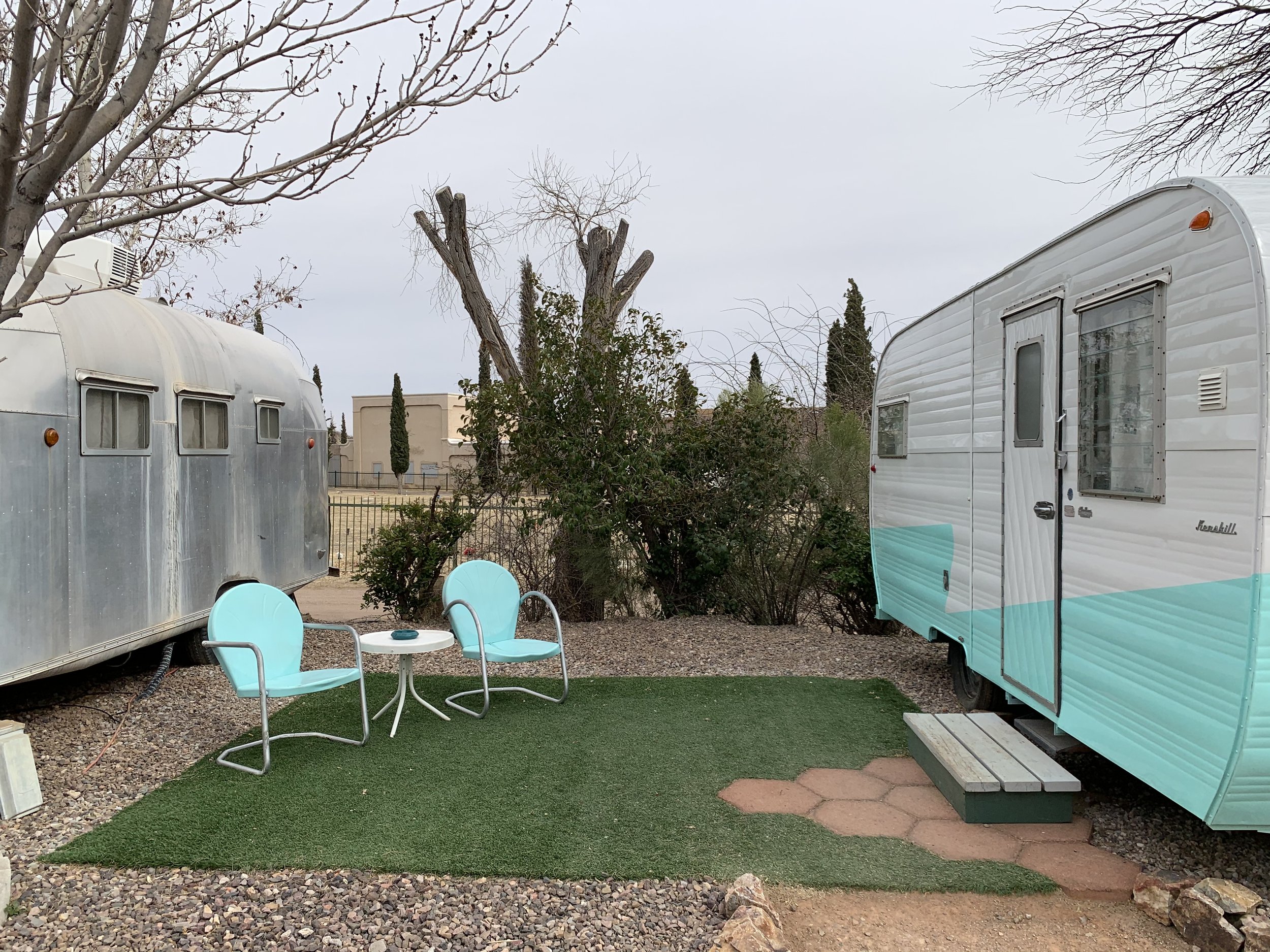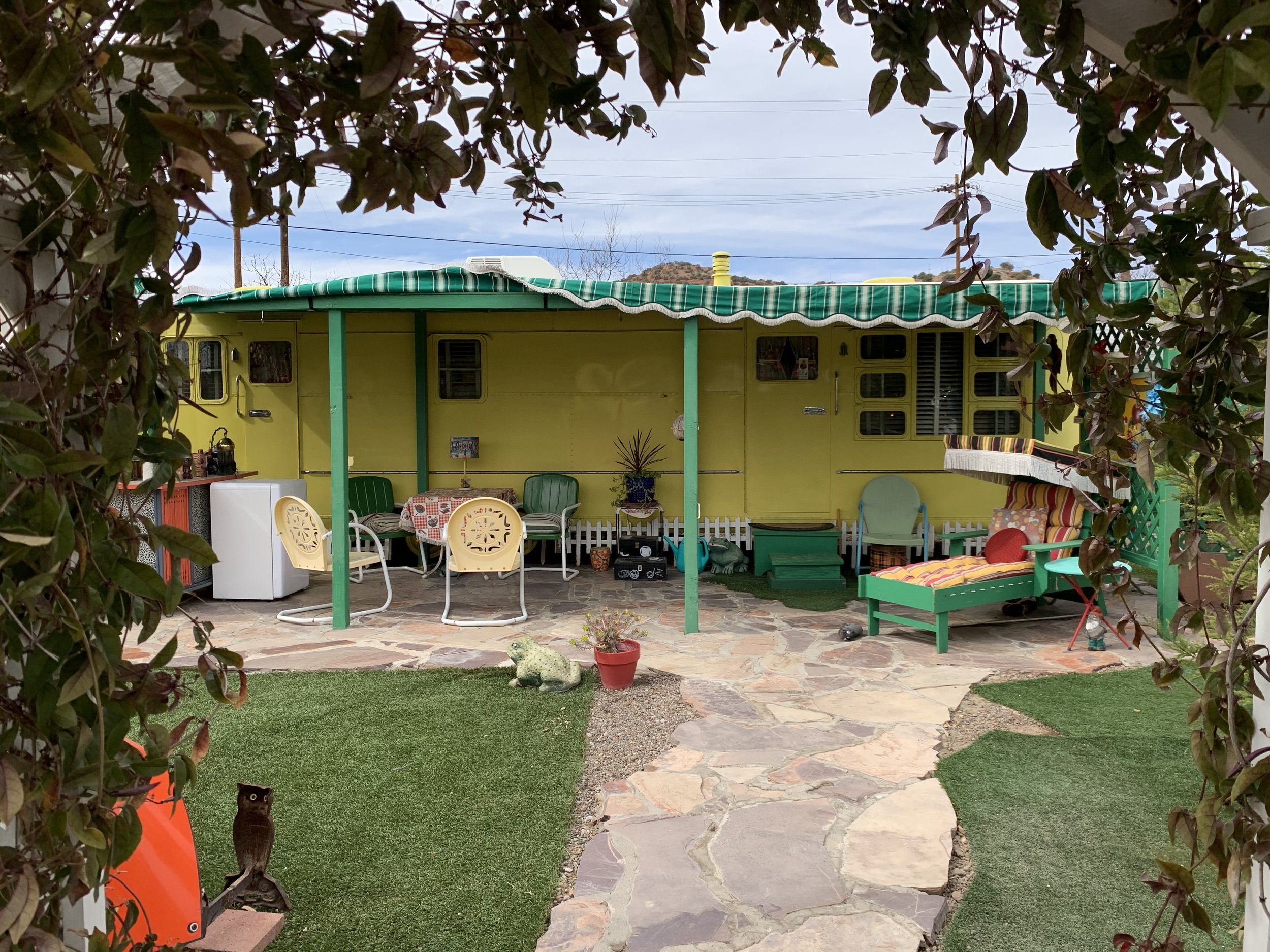Mobile Homes
There is a current cultural obsession with travel trailers and other recreational vehicles. A cursory view of most social media platforms presents them as an escape from mundane reality and an opportunity to live one’s life through travel and exploration of the world. They represent freedom from the costs of city life and from suburban cultural norms, post-COVID-19 digital nomadism, and an escape from the routine and boredom of typical 9-5 office jobs that come with housing mortgages. I recently came across a meme that challenged this cultural obsession in light of the global affordable housing crisis, arguing that it is driven by economic necessity. Very few people my age, unless they come from a background of generational wealth, can hope to afford a home anytime soon, if at all. Many macroeconomic factors contribute, including financialization and rent extraction by both small investors and large firms (such as BlackRock), NIMBY attitudes that block new development near their neighborhoods, and wages that do not keep pace with rising asset prices (see Thomas Piketty’s Capital in the Twenty-First Century). While travel trailers seem romantic, as these images suggest, they mask more harmful aspects of the neoliberal project: the decline of the middle class in the Global North since the 1980s, the transfer of wealth from lower to upper socioeconomic classes, stagnant wages and devaluation of labor, and the continued hollowing out of social safety nets, among others. Without significant political and economic reform, romantic notions may be the only thing many of us truly own.
Digital photographs and writing by Samuel Nohe Ireland. © 2025
*Readers/viewers can click on thumbnails for larger versions of work(s) that open up in a new window.










